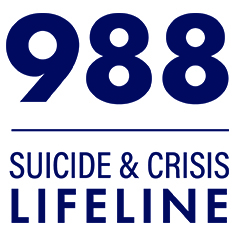Mental Health Services and Stigma in the Military
June 15, 2012
Stigma reduction programs incorporating education and “direct contact with respected peers or veterans who have coped with mental health problems” may increase the use of mental health services by soldiers, according to the authors of a review of the literature on attitudes toward mental illness. The authors found that the research literature described three categories of stigma that contribute to the reluctance of soldiers to seek treatment for mental health and substance abuse issues. These are:
Public stigma – negative stereotypes of people with mental illness. Public stigma often involves discrimination by peers and superiors, which can interfere with the possibility of promotion and career advancement;
Self-stigma – the “loss of self-esteem and self-efficiency that occurs when people internalize public stigma.” Self-stigma can exacerbate both mental health issues and their effects on military careers as well as lower self-esteem and self-efficacy, which can lead to poor performance and, in turn, poor performance evaluations.
Label avoidance – when individuals do not acknowledge their symptoms or seek treatment in order to avoid discrimination and lack of advancement. Label avoidance can result in soldiers not seeking services that could improve both their mental health and their job performance.
The authors of this review (which included research on successful stigma-reduction programs implemented in military settings) recommend targeting military personnel in the early stages of military training as well as those returning from theaters of operation.
Ben-Zeev D., Corrigan, P. W., Britt, T. W., & Langford, L. (2012). Stigma of mental illness and service use in the military. Journal of Mental Health, 21(3), 264-273.
Other Selected Resources
For more information about suicide in the military, including strategies to address stigma, SPRC recommends these publications.
The Challenge and the Promise: Strengthening the Force, Preventing Suicide, and Saving Lives. Final Report of the Department of Defense Task Force on the Prevention of Suicide by Members of the Armed Forces.
